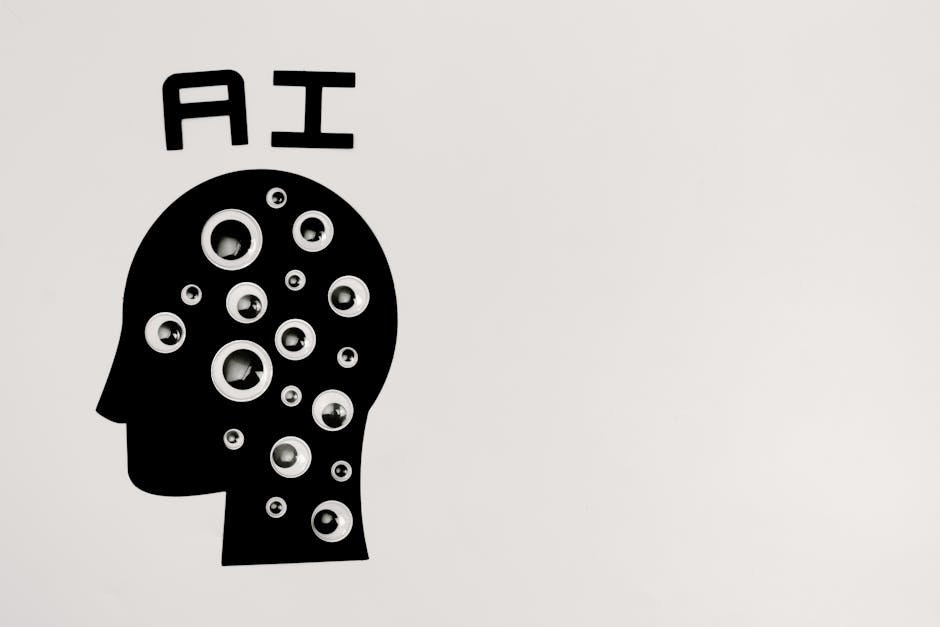
How Artificial Intelligence May Shape Future Human Heritage
Artificial Intelligence (AI) is rapidly evolving and its potential to impact human heritage is a topic of significant interest. As AI technology progresses, it offers both opportunities and challenges for preserving, understanding, and expanding our cultural legacy.
The Role of AI in Cultural Preservation
One of the most promising applications of AI is in cultural preservation. Through advanced image recognition and data analysis, AI can help digitize and catalog artifacts, ensuring their preservation for future generations. Virtual museums created with AI technology provide accessible ways for people worldwide to explore our shared history.
AI and Education in Human Heritage
Artificial intelligence also plays a vital role in education. Adaptive learning platforms powered by AI can offer personalized experiences that deepen understanding of historical events and cultural practices. This enables learners around the globe to engage with human heritage more effectively and interactively.
Challenges and Ethical Considerations
Despite its benefits, integrating AI into our understanding of future human heritage raises important ethical questions. These include concerns about cultural bias, data privacy, and the authenticity of digital recreations. Careful regulation and inclusive development are essential to ensure that AI serves as a positive force for humanity.
The Future of Human Heritage with AI
Looking ahead, AI has the potential to reshape our future by making cultural knowledge more accessible, interactive, and engaging. Embracing these advancements responsibly will help us build a more inclusive and insightful understanding of our shared past, shaping the future of human identity.
